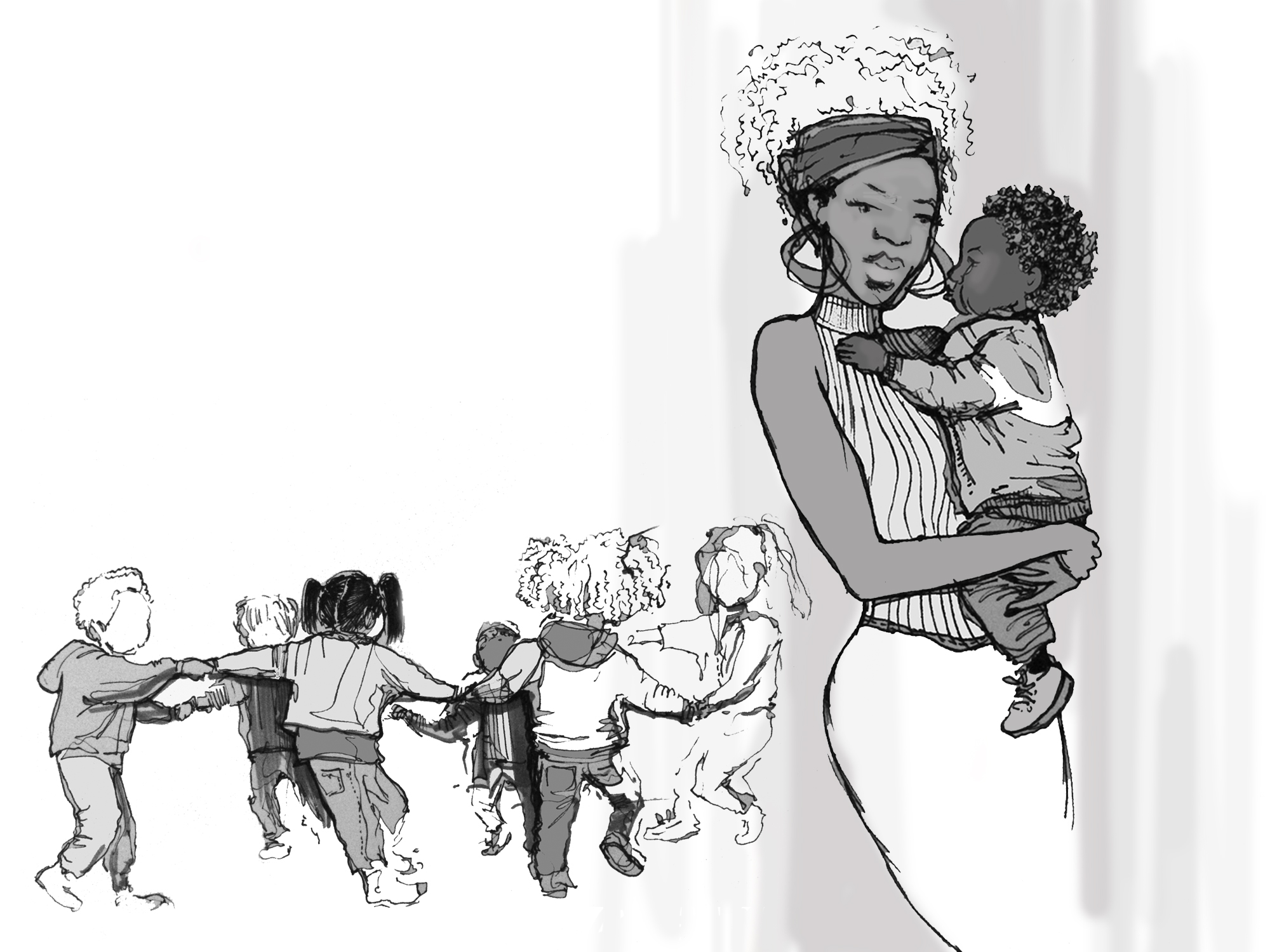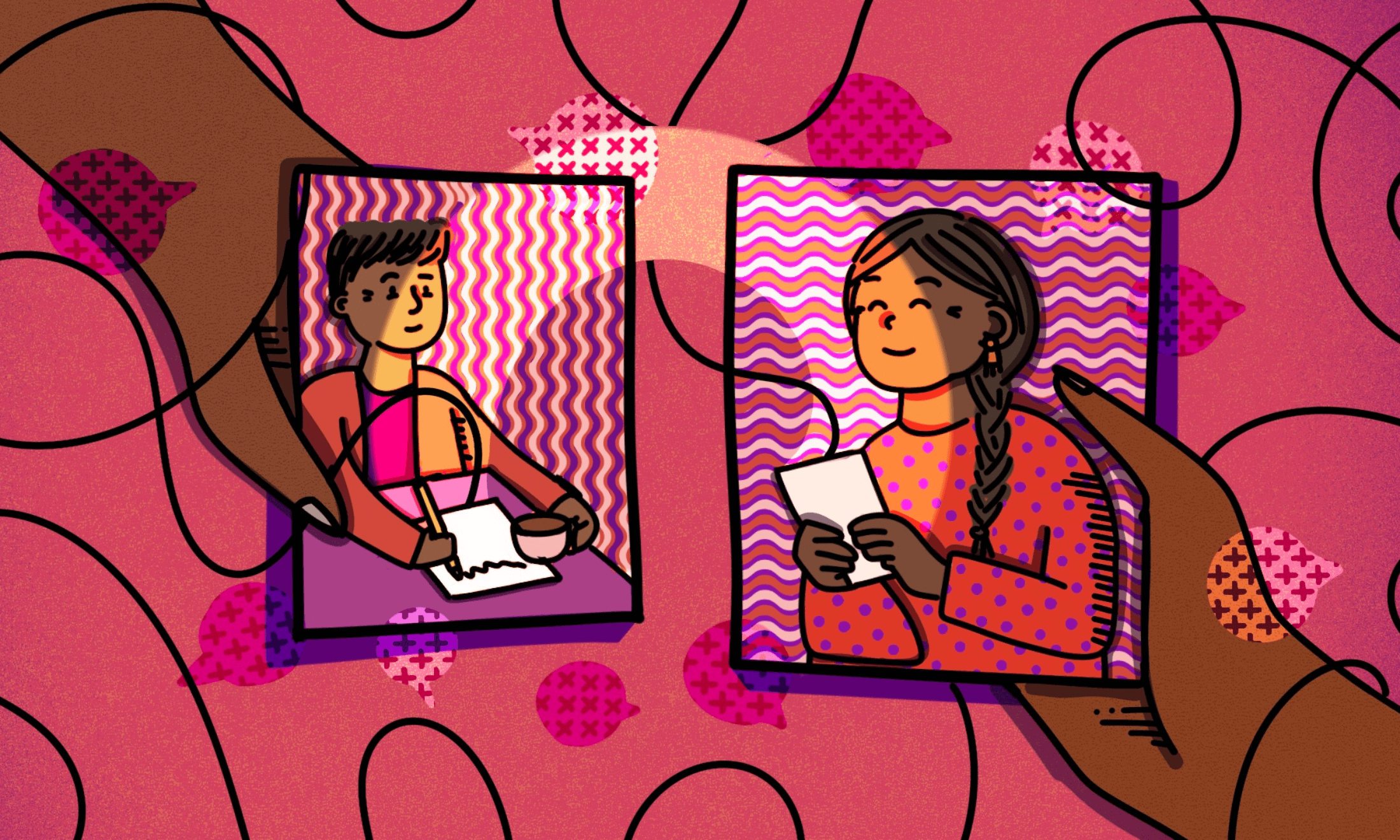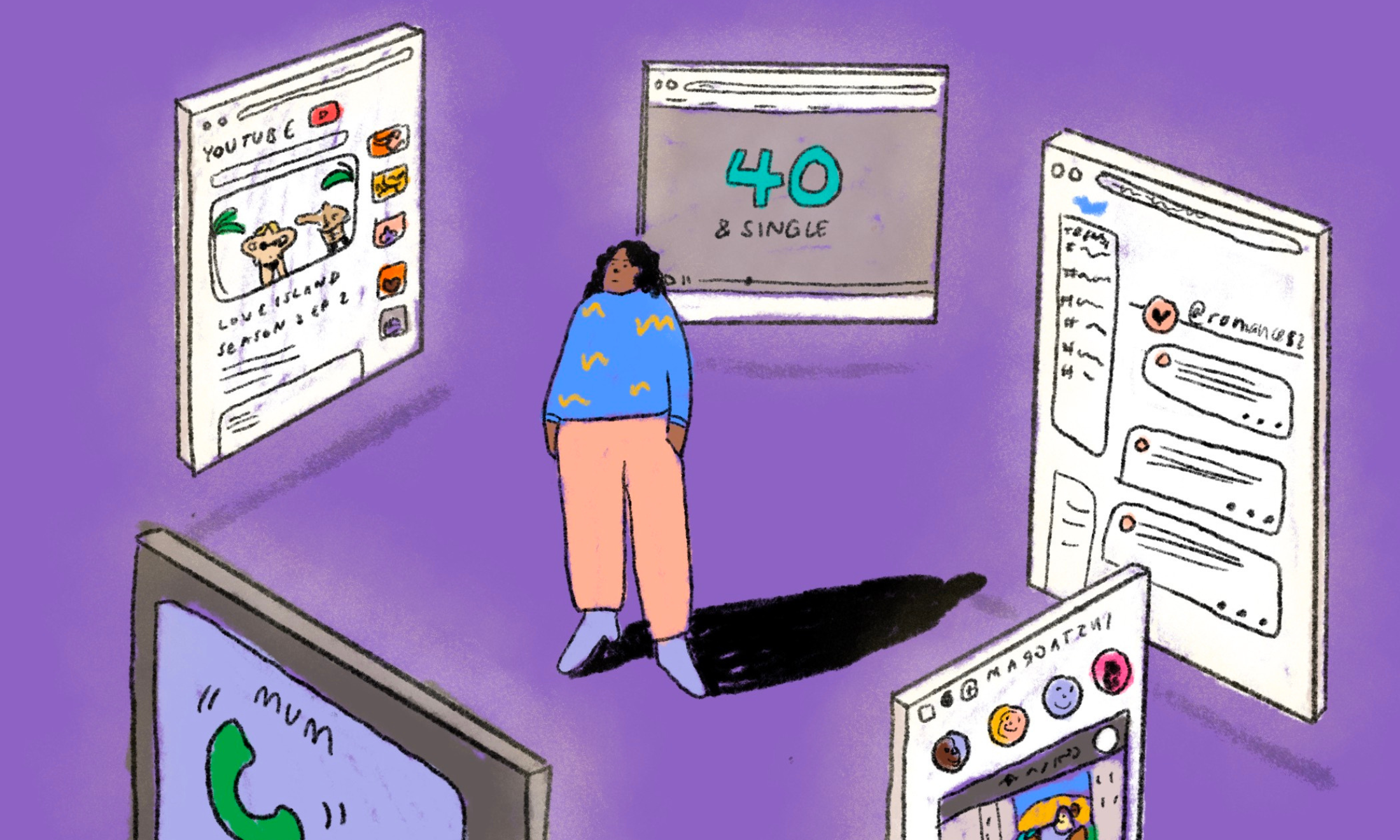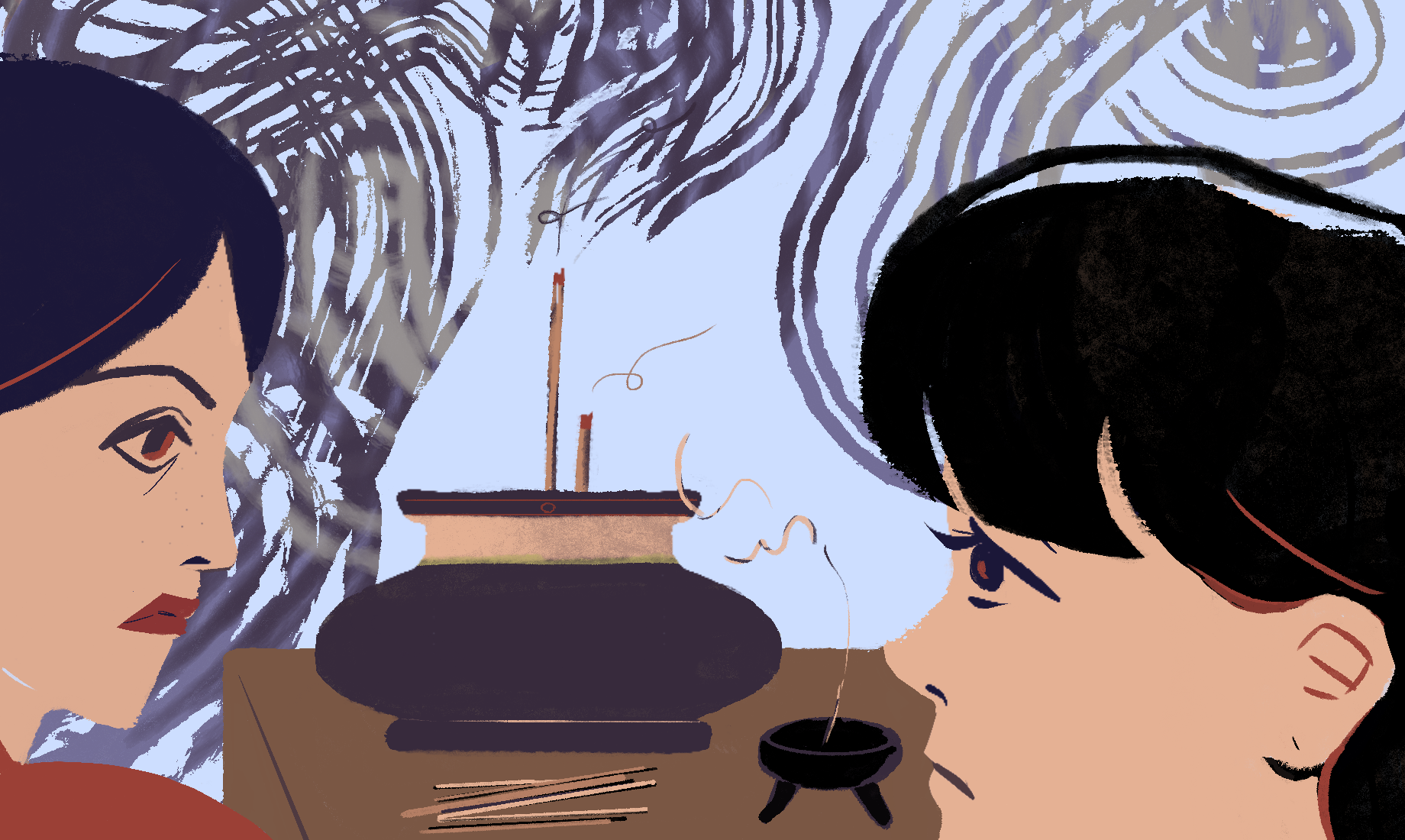
Since the birth of my son, I have become incredibly aware of how much silence society demands from children. The pained stares at restaurants, the inflammatory glances on the bus, the gossiping (even at playgroup) over the unruliest child, all offer brief inklings into society’s general distaste for child-related noises. There is a tacit understanding between us parents, that our darlings should be just that: darlings, especially in public. Except I have birthed a rebel. My boy is visible and vocal. Yes, dear gal-dem, I have birthed that abrasively loud, articulate toddler who does not care about your peaceful dinner. A fact of which I am proud.
You see, I am a bit of a rebel myself. Thus I demonstrate a marked disdain for the baby-shushers, I make noises with their kids. Honestly, I just don’t take well to this suppressive parenting. I wasn’t raised by this type of restrictive parenting. I was raised to be expressive and vocal. I was raised to be free.
For me, there is no greater inheritance I could gift my black son than his liberty because I know our liberty was won. However, I am an unwavering advocate for expressiveness in all children. I firmly believe children should move and think freely and nothing could convince me that a child, of any age, should not raise their voice to speak, for that is the beauty of innocence: it is unguarded liberty.
So why is it that I find myself gripping RJ a little bit tighter as he runs to the altar, shushing him too profusely as he out-sings the priest? Sadly, for me, and for many others, it’s always at church that my desire to teach my boy respect and autonomy come to a head, because it’s always at a church my self-conscious nature reminds me:
Children should be seen and not heard.
Yes, despite my commitment to conscious parenting, that old relic of the Victorian era continues to resonate with me. To some extent I understand why. Bad-manners can have grave implications for children in school, employment and throughout life, so it’s only natural parents would want to cull undesirable behaviour. However, this adage goes far beyond wanting children to be well-behaved: it completely denies them a voice.
This phrase builds upon the Victorian belief that children are incapable of rational thought and as such their opinions should be disregarded. Children of this era were not perceived to have enough experience or knowledge to be listened to, they were to simply follow instructions. This concept deeply perturbs me, not only because modern research has highlighted that expressiveness is a benefit for children which should be taught, but also because detailed psychological research highlights the long-term detrimental effects of authoritarian parenting.
Mags Waterhouse has gone further to demonstrate how this philosophy has contributed to victims of child abuse feeling unwilling to come forward. In sum, this doctrine alongside other sayings like see and blind hear and deaf can seriously hinder child mental health and welfare.
Yet for me, as a mother of colour, I have a distinct unease with the “children should be seen and not heard” philosophy. It is reminiscent of the archaic concept that children are the property of their parents. As a descendant of chattel slaves, I know all too well that only 200 years ago, children of African descent were bought, sold and traded as property. African children were seen and exploited, but never heard. During this time, although their voices simply did not matter, their behaviour surely did.
My ancestors’ obedience and good behaviour were essential for their survival. Without it, harsh punishments or death were meted out for simple misdemeanours, so is it any wonder then that slaves ferociously indoctrinated a culture of obedience and submission in their children? That they, too, demonstrated a deep intolerance for defiance? And really is it surprising that Caribbean parents continue to espouse and demand that children should be seen and not heard, even though psychology has abandoned it, and the law itself demands child-centric parenting?
According to Dr Joy DeGruy Leary it is not shocking at all. In her seminal piece entitled Post-Traumatic Slave Syndrome, Leary outlines the intergenerational trauma that African-Americans continue to suffer with. She explains a number of potentially regressive child-rearing practices as having their roots in slavery, the children should be seen and not heard philosophy is an important aspect of these practises. Cobbs and Grier also outline the negative impacts that slavery has had on the upbringing of children, making the startling discovery that in many ways, through this authoritarian parenting, Afro-Caribbean parents are recreating the master-slave dichotomy in their own homes. Really, it was this aspect that troubled me the most about my own unconscious demonstration of restrictive parenting- I was denying my child his voice, preventing him from enjoying the freedom his ancestors were denied.
However, I think what unnerves me the most is that my desperate pleas for my one year old to sit still and be quiet were not at the request of the other members of my congregation. My inclusive church relishes his impromptu performances, and many older members state they look forward to his pint-sized praise. It was me, and my warped perception of social etiquette that silenced my child. Despite my awareness of all the body of literature to the contrary, it was me who denied him a voice. And if this literature is correct, and I continue to do so, it will be me who diminishes my child’s self-esteem, it will be me that assists my son in being angry, and most significantly it could be me and my child-rearing that supplies the incarceration pipeline. With all my aspirations for his liberty, my rearing could ensure he’s detained.
So next Sunday, as he dares to sing row-the-boat instead of the final hymn I won’t shush him. I’ll sit back like the rest of the congregation and smile, because as he sings – I know he is free.









